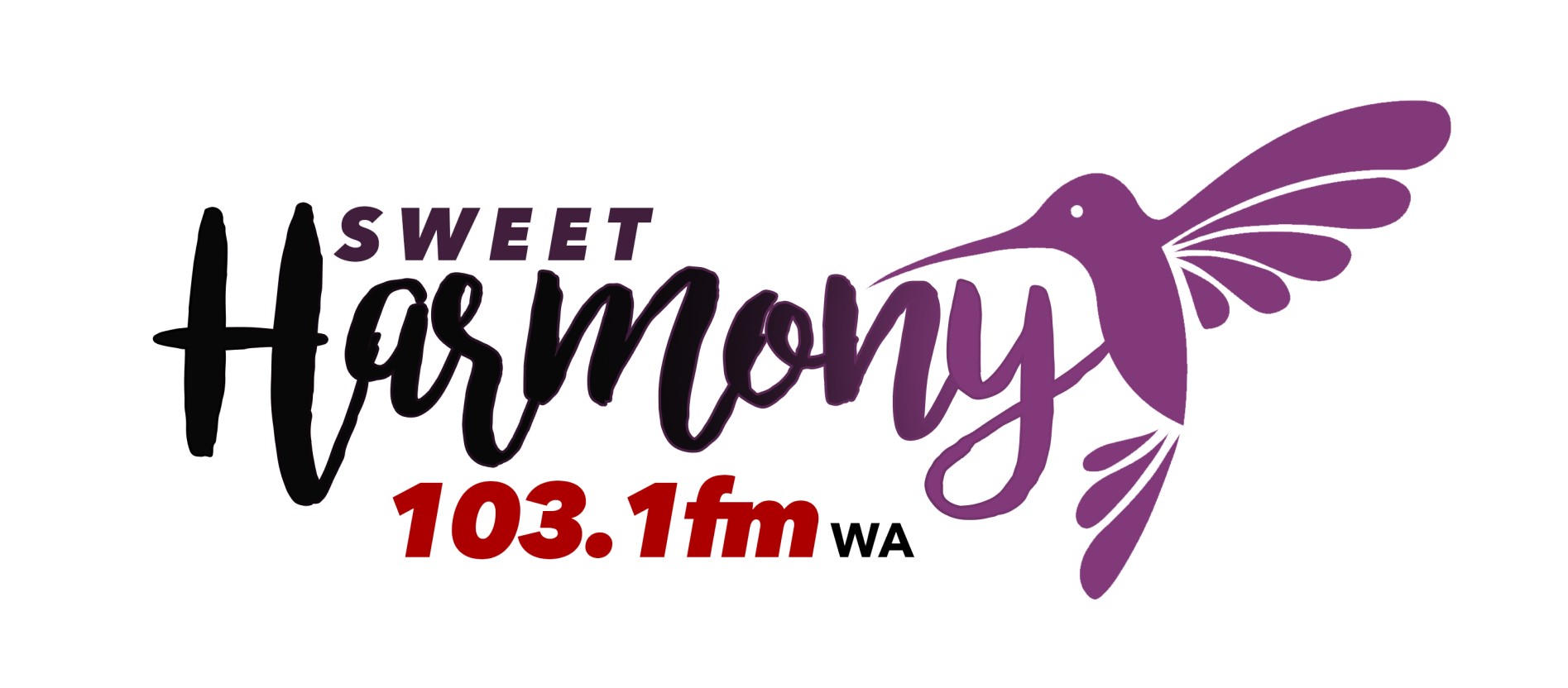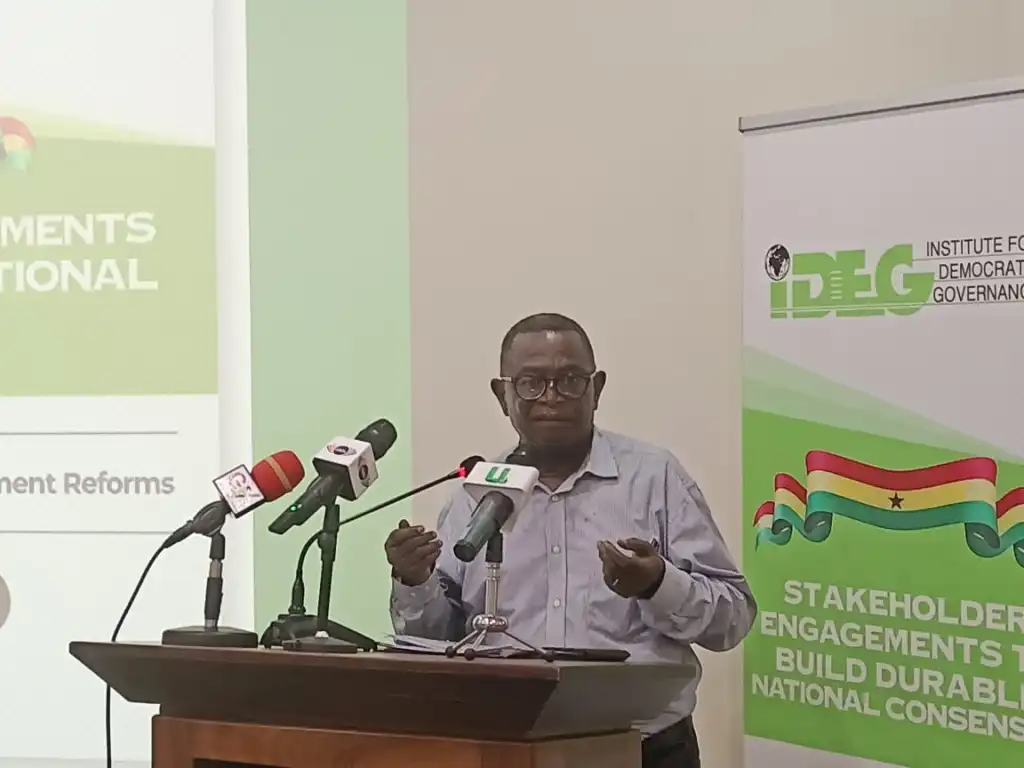The Institute for Democratic Governance (IDEG) has put forward comprehensive reforms to address the issue of “exclusion” in Ghana’s local governance system. IDEG highlighted the current system’s shortcomings in marginalizing the youth, women, persons with disabilities (PWDs), and political parties. To remedy this, the institute suggests implementing the ‘Mixed Member Proportional Representation’ system, which would allocate a specified percentage of seats at the local government level for youth, women, and PWDs. Additionally, IDEG supports the involvement of political parties in local level elections to enhance accountability and foster development.
During a workshop on the Strategic Role of the Youth in Constitutional Amendment, IDEG emphasized the need for greater youth representation in local governance. Currently, only a minimal number of Assembly Members are women, which raises concerns about inclusivity in a democratic society. The proposed ‘Mixed Member Proportional Representation’ system aims to ensure fair representation and decision-making power for marginalized groups at the local level. However, to bring about these reforms, amendments to Article 243(1) and 55(3) of the 1992 Constitution are essential, requiring a consensus among key stakeholders.
The Executive Director of IDEG, Dr. Emmanuel O. Akwetey, highlighted the importance of granting people the power to elect their own MMDCEs (Metropolitan, Municipal, and District Chief Executives). Moreover, he advocated for political parties’ participation in local elections to strengthen institutions and deepen accountability. To facilitate these constitutional reforms, the Ministry of Local Government, Decentralisation, and Rural Development has initiated engagements with key stakeholders to build consensus on the matter.



